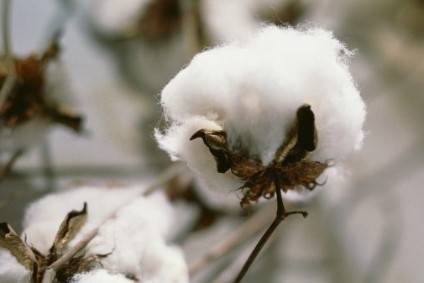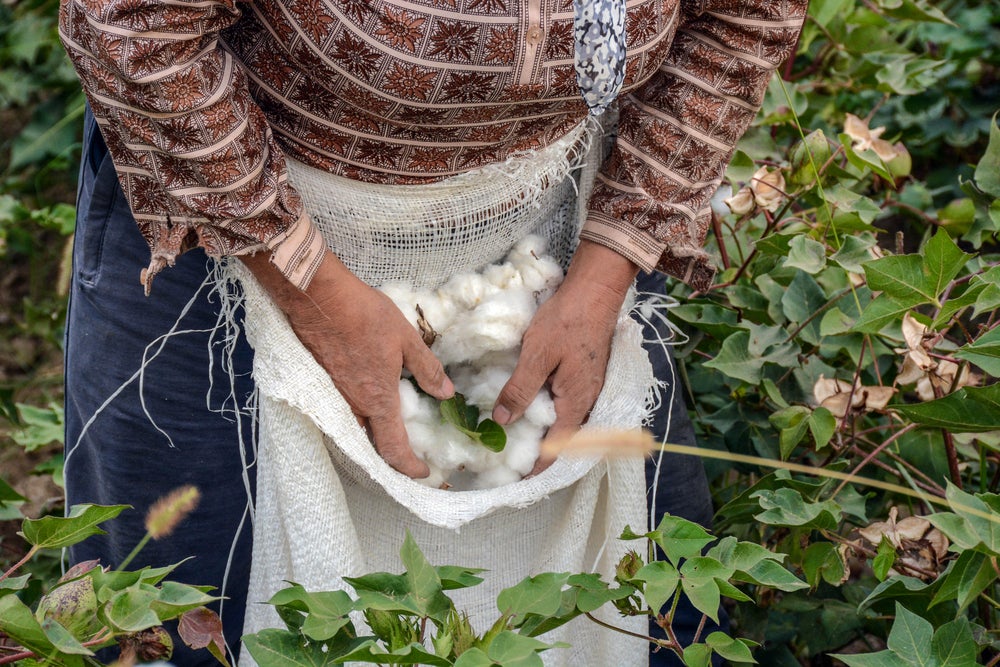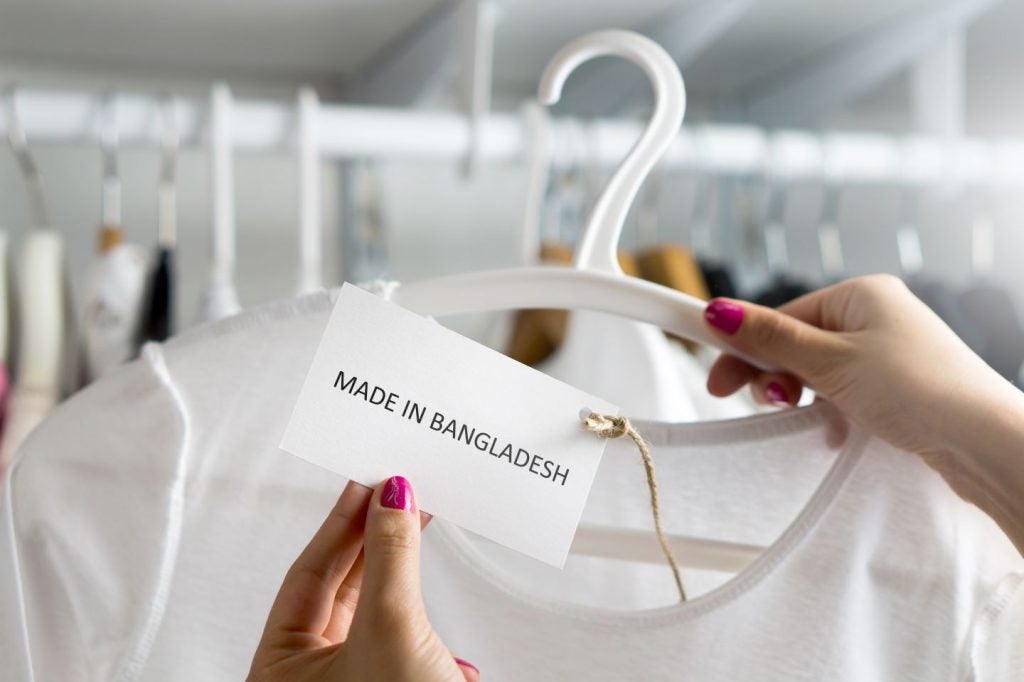
Cotton Campaign has joined forces with a raft of industry associations to put pressure on the US government to reverse its recent proposal to remove Uzbekistan cotton from a list of products that may have been produced by forced or child labour.
An open letter to the Office of Child Labor, Forced Labor and Human Trafficking from the campaign group, along with organisations including the American Apparel & Footwear Association (AAFA) and Human Rights Watch, says that despite progress by the government of Uzbekistan to end forced child labour, it still occurred during the 2017 harvest. The letter was issued in response to a request for comments on the proposal.
“Local school administrators and teachers remained under pressure to force children into the fields to meet their annual cotton quotas,” they note. “As a result, it is premature to remove Uzbek cotton from the EO 13126 list until it can be verified that the Uzbek government has fully enacted the reforms to eliminate the drivers of forced child labour, particularly subjecting public school officials to production quotas.”
The letter goes on to say it wholeheartedly supports the Department of Labor’s important role in the implementation of Executive Order 13126 and its mission to ensure US federal agencies do not procure goods made by forced or indentured child labour.
However, the groups add it is crucial the Department of Labor monitors closely the upcoming 2018 cotton harvest to ensure the Uzbek government’s high-level commitment to eradicate forced child labour is consistently implemented on the ground.
The letter also points out that available reports are not conclusive that forced child labour is no longer used, and that the Uzbek government has shifted the burden from children to adults while not eliminating conditions that drive its forced labour system in the cotton sector.
How well do you really know your competitors?
Access the most comprehensive Company Profiles on the market, powered by GlobalData. Save hours of research. Gain competitive edge.

Thank you!
Your download email will arrive shortly
Not ready to buy yet? Download a free sample
We are confident about the unique quality of our Company Profiles. However, we want you to make the most beneficial decision for your business, so we offer a free sample that you can download by submitting the below form
By GlobalDataThe groups say there needs to be a “proper investigation and prosecution of officials who violate Uzbek national laws against forced child labour.”
“Government investigations fall short and do not target those responsible for directing or causing forced child labour,” they continue. “According to UGF [the Uzbek-German Forum for Human Rights], enforcement actions appeared to be sporadic and arbitrary, holding a few low level officials to account while failing to move up the chain of command or examine policies that contributed to violations.”
Other signatories to the letter include Anti-Slavery International, Fair World Project, International Labor Rights Forum, Retail Industry Leaders Association (RILA), United States Fashion Industry Association, and UGF amongst others.
The DoL said it proposes to remove cotton from Uzbekistan from the EO 13126 List because the three departments have preliminarily determined that the use of forced or indentured child labour in the production of cotton has been significantly reduced. The Department of Labor (DoL), the Department of State and the Department of Homeland Security say they will consider all public comments prior to publishing a final determination revising the EO List.
Uzbekistan was placed on the EO 13126 list in 2010 after multiple sources indicated that school administrators, at the direction of central and local governments, systematically mobilised children as young as seven years old for participation in the annual cotton harvest.
Earlier this year, a report by the ILO said child labour was no longer an issue in Uzbekistan’s cotton harvest, and that forced labour was being systematically addressed.
Yet despite reforms in the country, Uzbekistan cotton remains on the list of Trafficking Victims Protection Reauthorization Act (TVPRA)-mandated goods produced with forced and/or child labour. The list contains 136 goods the Department of Labor has reason to believe are produced by forced labour or child labour, covering 74 countries.
In May, there were calls for the World Bank to acknowledge violations in its loan agreements to Uzbekistan after the country’s government was found to have forced private and public sector workers to pick cotton.







